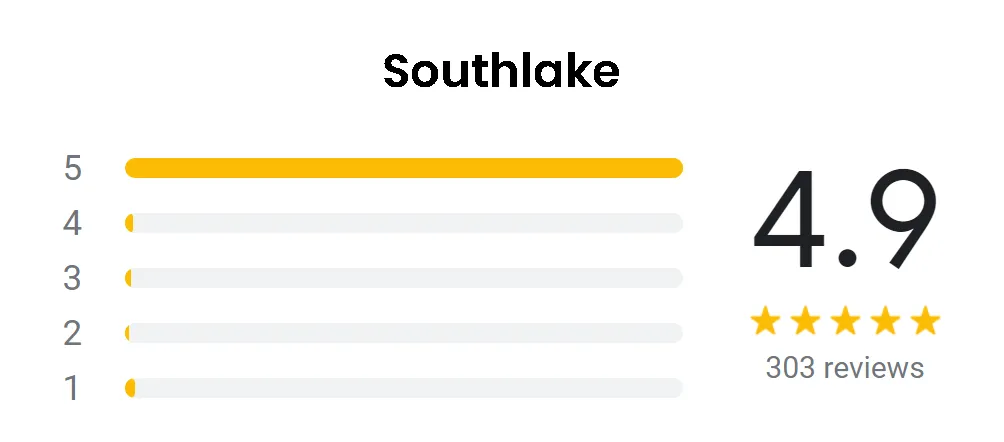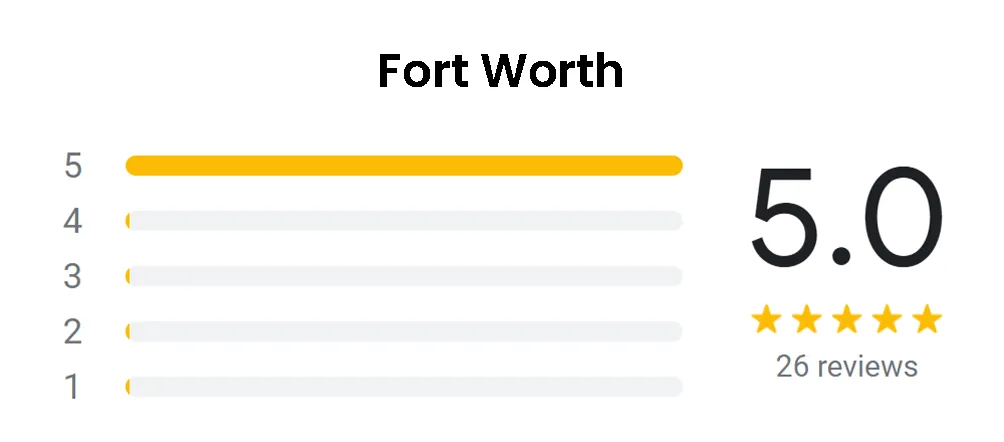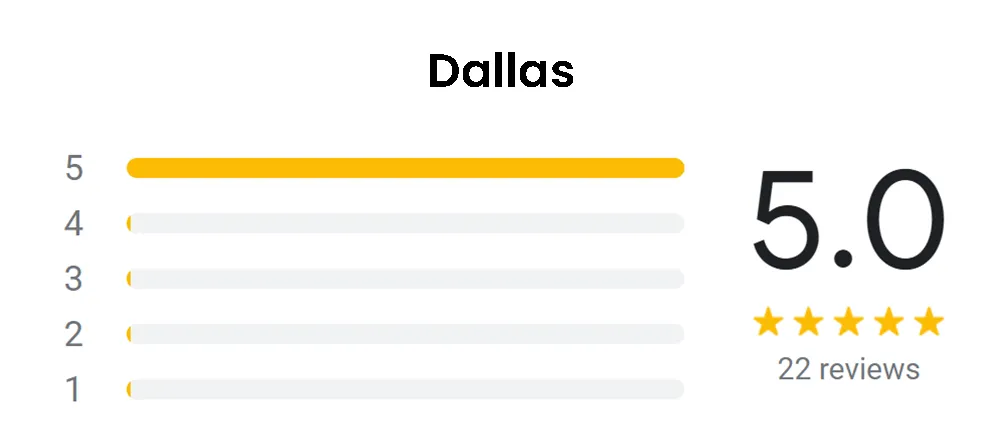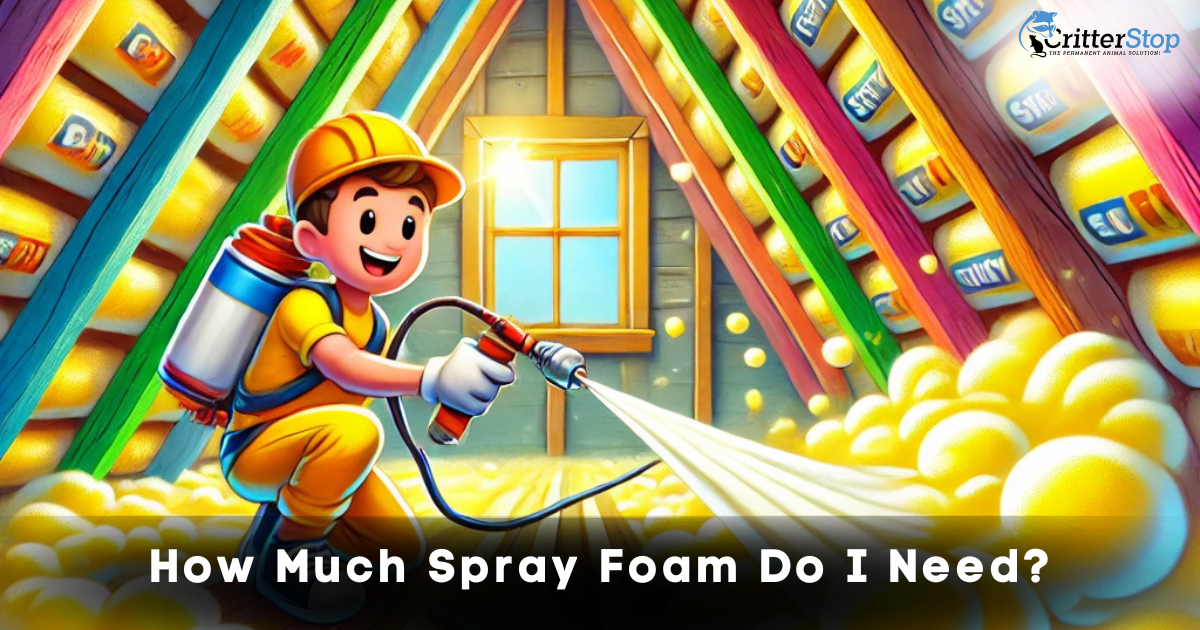
When planning an insulation project, accurately determining how much spray foam you need is essential to ensure your home or commercial property remains energy-efficient and comfortable year-round. Whether you’re insulating your attic, walls, or crawl spaces, the correct amount of spray foam insulation can significantly impact the indoor climate and reduce energy bills. In this guide, we’ll take you through the detailed steps of calculating how much spray foam you’ll need for your project, ensuring that you don’t waste money on excess materials or find yourself short during installation.
Critter Stop, a professional wildlife removal company, also offers insulation services to ensure your home is protected from both critters and extreme temperatures. Known for its exceptional reputation and outstanding customer service, Critter Stop can handle all your insulation needs, offering high-quality work that has earned glowing customer reviews online.
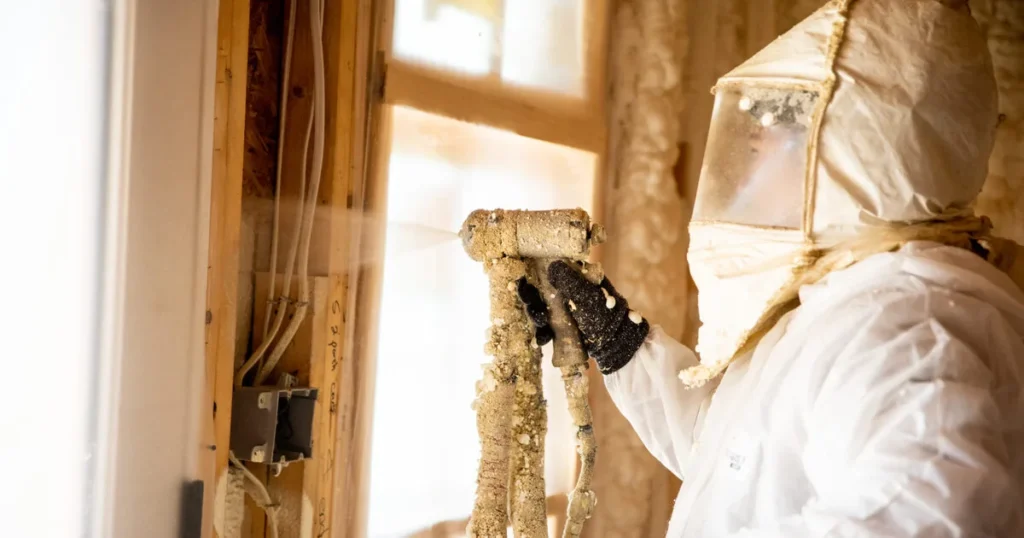
Before diving into the calculations, it’s important to understand that there are two primary types of spray foam insulation: open-cell spray foam and closed-cell spray foam. Each has unique properties, and knowing which type suits your specific needs will influence how much you’ll require.
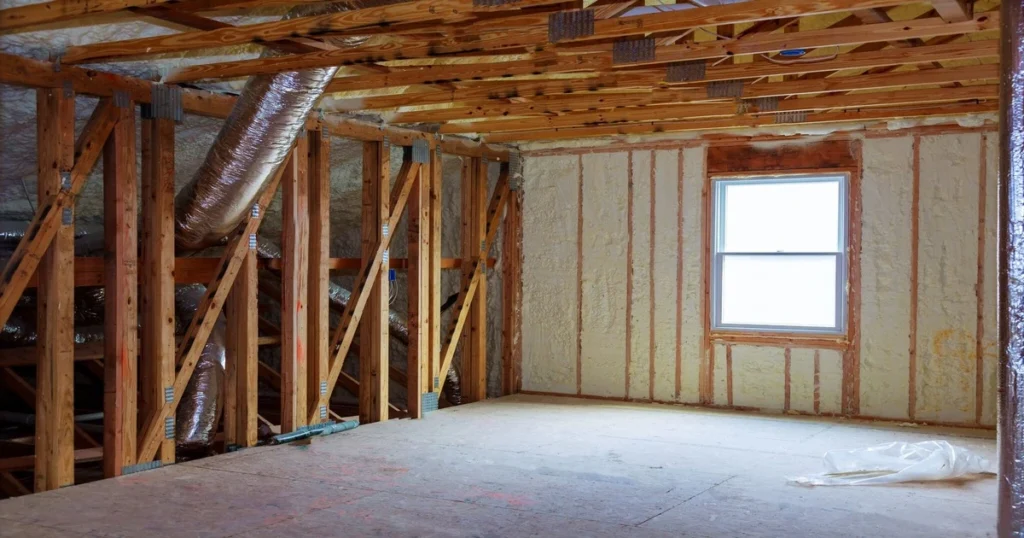
The first step is to measure the surface area that needs to be insulated. Start by calculating the square footage of the space. Multiply the length by the height (or width) for walls, floors, ceilings, and other surfaces.
For instance:
Repeat this process for all areas requiring insulation and sum the total square footage.
The R-value is the measure of insulation's ability to resist heat flow, and it varies depending on your climate and local building codes. The higher the R-value, the more effective the insulation.
Common R-values:
Closed-cell spray foam typically has an R-value of 6.5 per inch, while open-cell foam ranges from 3.5 to 3.7 per inch. To calculate how much foam is required to reach a specific R-value, divide the target R-value by the foam’s R-value per inch. For example, to achieve R-21 with open-cell foam, you’ll need about 6 inches of insulation (R-21 ÷ 3.5 = 6 inches).
Once you know the surface area and desired foam thickness, calculate the total volume of foam needed. Multiply the square footage by the thickness in feet. Here’s an example:
Open-cell foam expands significantly after application. Some products expand up to 100 times their original volume, meaning you may need less material than you initially think. Be sure to consult the manufacturer’s guidelines for expansion rates to adjust your calculations accordingly.
During installation, there is often some material waste due to overspray or application inconsistencies. It’s advisable to add 10-20% extra foam to your estimate to account for these factors, especially if the space has irregular shapes or hard-to-reach areas like attics or crawl spaces.
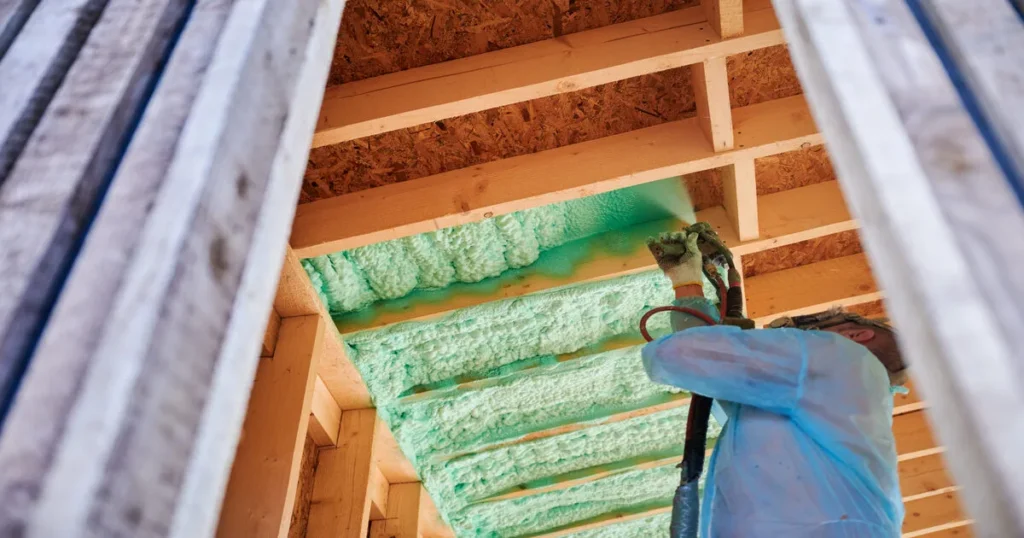
If calculating and installing spray foam insulation sounds overwhelming, Critter Stop is here to help. As a five-star trusted name in the insulation service industries, Critter Stop offers a team of professionals who are skilled at ensuring your home is properly insulated while keeping critters out.
Critter Stop has built a fantastic reputation for delivering high-quality work, and their excellent customer service is frequently praised in online reviews. Whether you need to insulate a small attic or a large commercial space, Critter Stop provides a safe and sanitary environment for your family and team, ensuring that the job is done right the first time, with a focus on precision, efficiency, and customer satisfaction.
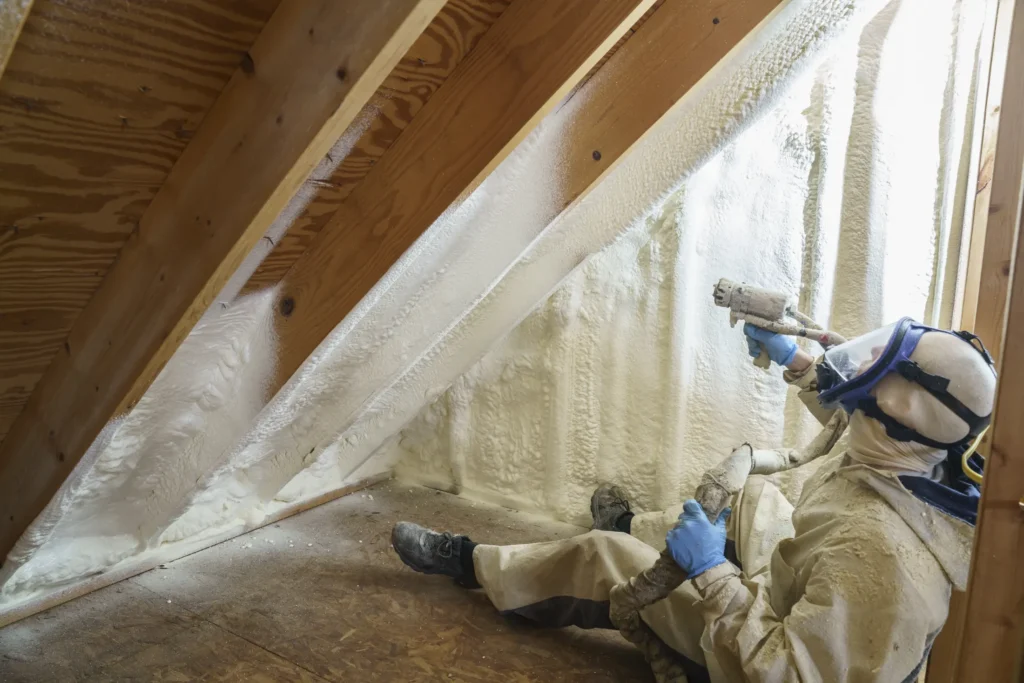
For larger insulation projects, particularly in commercial buildings or homes with extensive areas, there are some additional factors to keep in mind.
In regions with extreme climates, adjusting your insulation’s R-value is essential. In cold climates, higher R-values in attics and walls are necessary to retain heat, while in hot climates, spray foam insulation can act as a robust barrier against solar heat.
Consider closed-cell spray foam for high-R-value insulation. It offers superior thermal protection and can significantly reduce energy costs over the long term.
For larger projects, multi-layer spray foam applications might be necessary. Professionals typically apply the foam in thinner layers, allowing each to cure before moving on. This method ensures optimal expansion and adhesion, which can be particularly important in commercial settings where precise insulation is required to meet building codes.
Even though spray foam creates an airtight seal, it’s essential to identify and seal any significant air leaks before installation. Major cracks around windows, doors, or in foundations should be handled first, with spray foam used to reinforce these seals.
Spray foam insulation in new home constructions as well as in existing properties provides many advantages over traditional methods such as fiberglass or cellulose:
With Critter Stop’s professional installation, you get the added benefit of knowing your insulation will keep both the elements and wildlife out of your home.
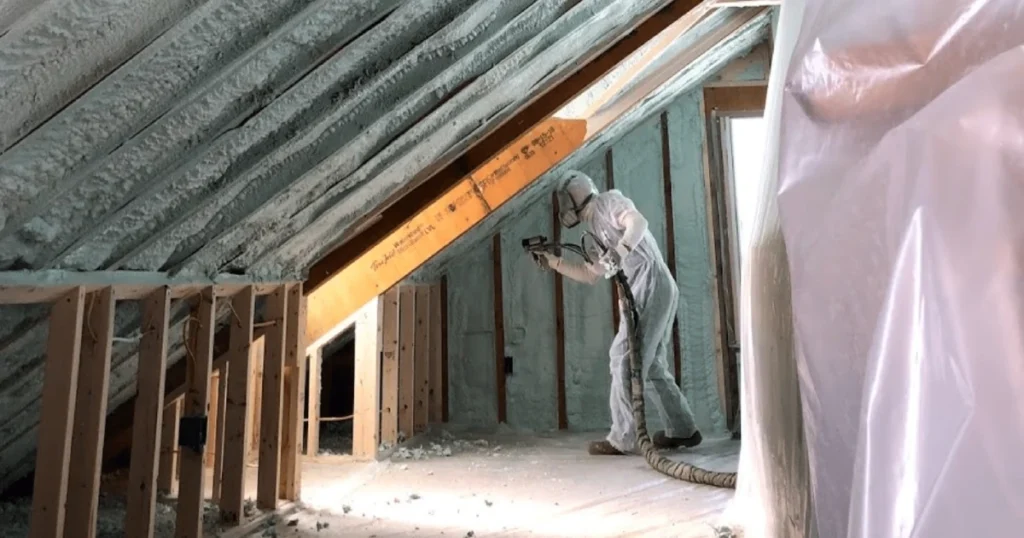
For larger projects, such as commercial buildings or extensive residential insulation, choosing a reputable contractor is critical. Critter Stop’s team of experienced professionals is fully licensed and insured, ensuring your project is completed to the highest standards. With a focus on quality and customer service, Critter Stop ensures that your insulation is not only energy-efficient but also protected from potential pest invasions.
Whether you’re insulating a small home or a large commercial building, calculating the right amount of spray foam insulation is key to ensuring your property remains energy-efficient and comfortable. From measuring the area and determining the desired R-value to accounting for waste and selecting the right type of foam, following these steps will help you achieve optimal results.
To ensure your insulation project is done correctly and to the highest standard, we recommend working with professionals like Critter Stop. With a proven track record of excellence, fantastic customer reviews, and expertise in both insulation services and wildlife removal, Critter Stop is your go-to solution for all your insulation needs. Contact Us at (214) 234-2616 and schedule your free inspection and estimate today!
Visit our Critter Library and learn more about our furry friends
